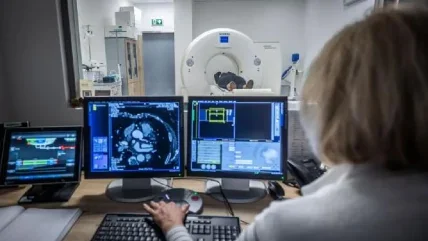
The European Council (EC) has adopted a new regulation, dubbed European Health Data Space (EHDS), which will simplify the exchange and access to health data in the EU.
The EHDS regulation aims to improve patient’s access to and control over their electronic health data and reuse certain data for research purposes.
It provides a health-specific data environment that will facilitate cross-border access to digital health services and products within the EU, said the commission.
The new regulation allows individuals to access health data, regardless of their home country, and with enhanced control over data usage.
It requires the EU countries to set up a digital health authority to execute new provisions.
Researchers and policymakers will get access to anonymised, secure health data to inform scientific research, develop better treatments, and improve patient care.
Polish Minister of Health Izabela Leszczyna said: “The digital transformation of healthcare in Europe is a key priority for Polish Presidency.
“The adoption of the European Health Data Space (EHDS) marks a crucial step in this process, empowering EU citizens to access their health data anywhere in the EU.
“EHDS will enhance the quality and efficiency of medical care, while ensuring that our health system remains resilient to future challenges.”
Currently, health data digitalisation is at different levels among the EU member states, which makes it more difficult to share data across member-state borders.
The new regulation requires all electronic health record (EHR) systems to align with the specifications of the European EHR exchange format to ensure interoperability.
The EHDS regulation is pending formal signing by the Council and the European Parliament. It will come into force 20 days after publication in the EU’s Official Journal.
Recently, EC has launched a new action plan to enhance the cybersecurity of hospitals and healthcare providers across Europe.
The new action plan aims to improve threat detection, preparedness, and response capabilities to safeguard the healthcare sector from cyber threats.






